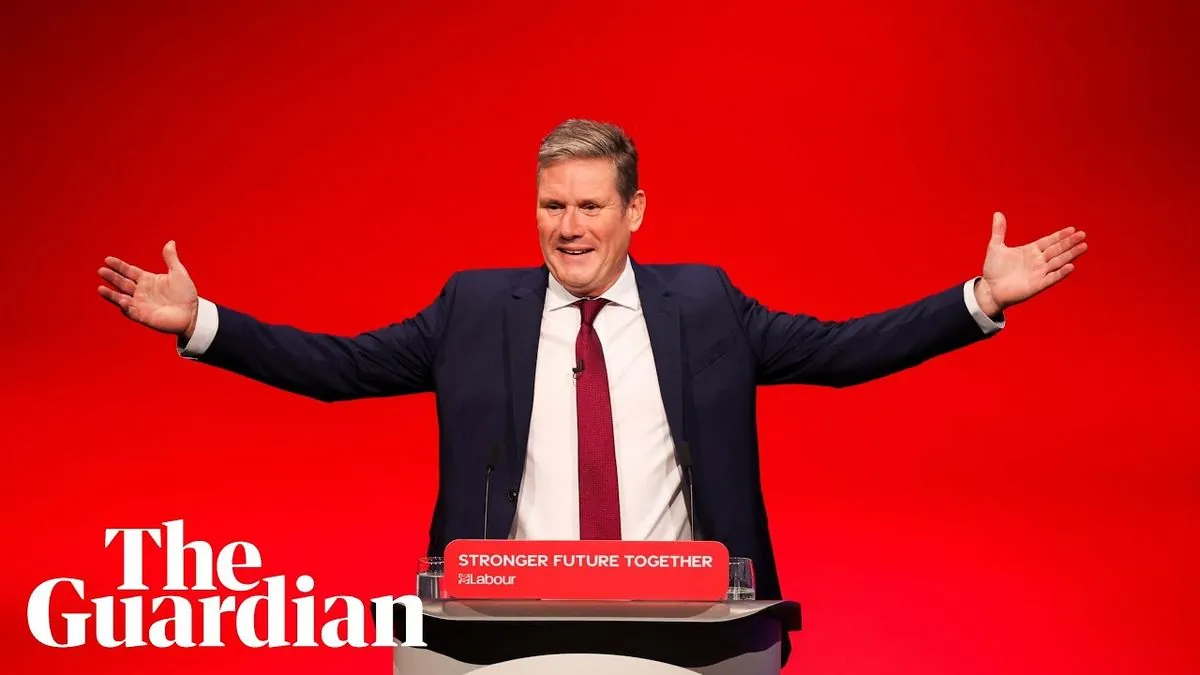Starmer's Leadership Vote Reform: Balancing Party Democracy and Electability
Sir Keir Starmer proposes changes to Labour's leadership selection process, sparking debate on party democracy and member engagement. The move raises questions about the future of political participation in the UK.

Sir Keir Starmer's recent proposal to alter the Labour Party's leadership selection process has ignited a debate on the balance between party democracy and electoral viability. The Labour leader's team has branded this initiative as the "Liz Truss Lock," referencing the brief and tumultuous tenure of the former Conservative Prime Minister.
The proposal aims to limit party members' influence in choosing the leader, a move that draws comparisons with the Conservative Party's selection process. While the Conservative method allows members to vote on the final two candidates, it is the MPs who determine these finalists. This system, introduced in 1998, has generally ensured that leadership contenders have substantial support within the parliamentary party.
Labour's current system, implemented in 2015 under Ed Miliband, allows candidates with minimal MP support to reach the membership vote stage. This approach led to Jeremy Corbyn's unexpected rise to leadership in 2015, despite limited backing from his parliamentary colleagues.

"The Labour Party is the child of the trade union movement."
The Labour Party, founded in 1900 as a coalition of trade unions and socialist societies, has historically emphasized broad membership involvement. This tradition makes Starmer's proposal particularly contentious. The party's membership surged to over 500,000 during Corbyn's leadership, demonstrating the potential for grassroots engagement.
However, the UK's political landscape has changed significantly since the party's inception. The culture of mass participation in politics has declined, affecting all major parties. The Conservative Party, once described as "six hundred social clubs that dabbled in politics," has also seen its membership dwindle to around 180,000 as of 2019.
Starmer's reform faces a crucial challenge: maintaining member engagement without the incentive of leadership votes. Unlike some European countries, the UK does not provide state funding for political parties' campaigning activities. This policy, enshrined in the Political Parties, Elections and Referendums Act 2000, means parties rely heavily on member contributions and volunteer efforts.
The proposal also raises questions about the future of political participation in the UK. With the decline of traditional membership benefits, parties must find new ways to attract and retain supporters. The "Cash for Honours" scandal of 2006-2007 highlighted the need for transparent and ethical party funding practices, adding another layer of complexity to this issue.
As Starmer navigates this reform, he must balance the need for a united and electable party with the democratic traditions that have long defined Labour. The outcome of this debate could shape the future of not just the Labour Party, but the broader landscape of British political engagement for years to come.


































